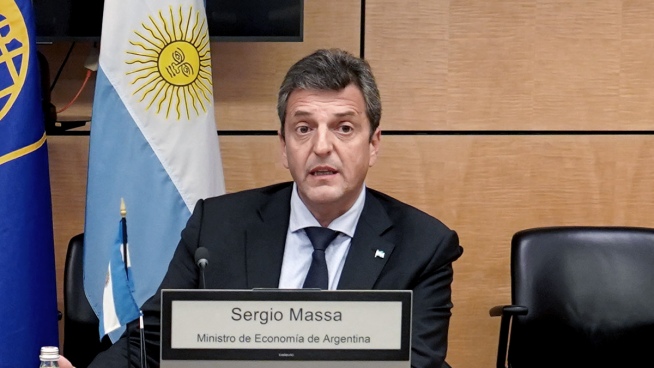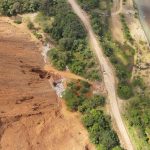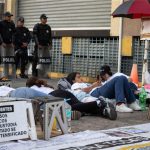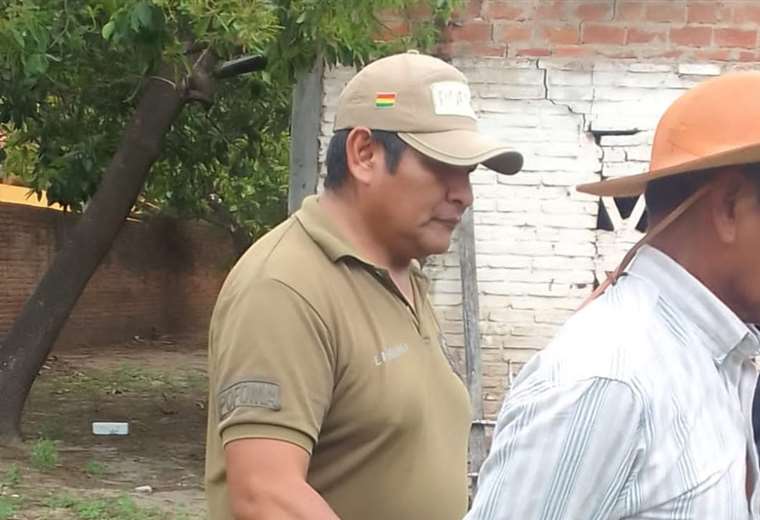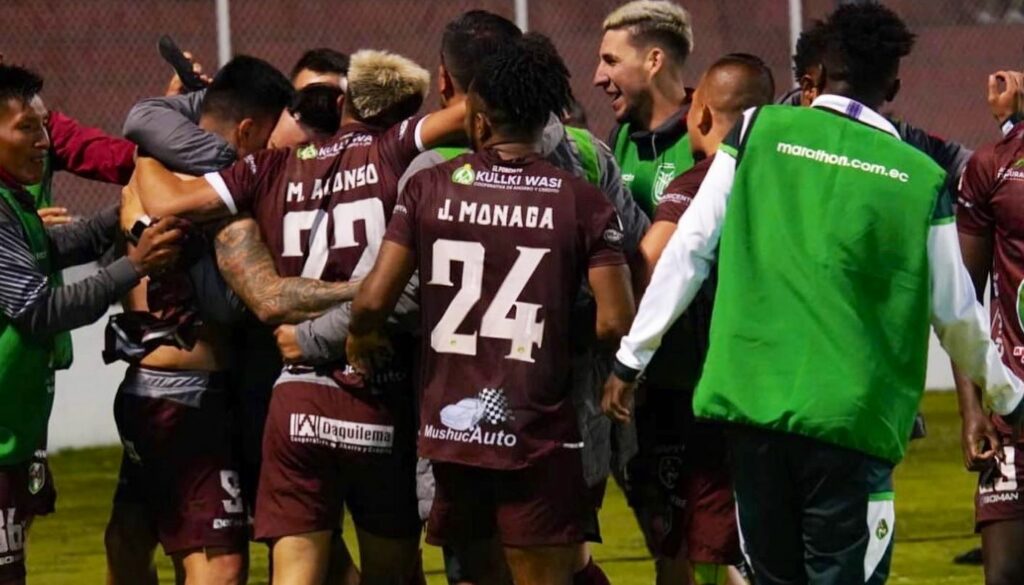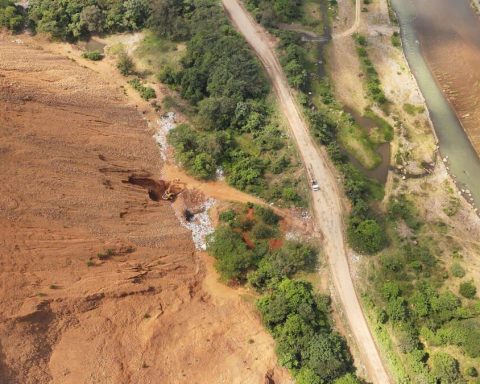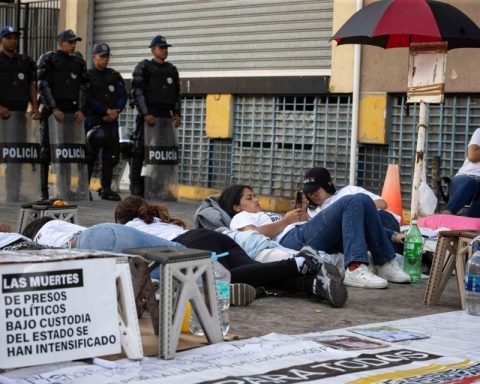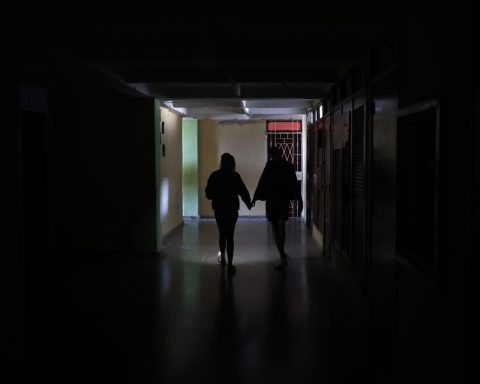The Minister of Economy, Sergio Massa, will travel to Washington next week to participate in the Annual Assembly of the IMF and the World Bank and the summit of Ministers of Economy and Presidents of Central Banks of the G20.
The mission aims to consolidate support to continue advancing with the roadmap for the stabilization of the Argentine economystrengthen reserves through more markets for national exports, and promote more productive investments in strategic sectors, such as energy, gas, agribusiness, proteins, knowledge-based services, and mining.
Massa will arrive in the capital of the United States next Wednesday 12the day on which the meeting of G20 ministers will take place, the last of the year before the Summit of Presidents that will take place in Bali, Indonesia, in mid-November, sources from the Treasury Palace told Télam.
Later, Thursday the 13th and Friday Next, the Board of Governors of the IMF and the World Bank will meet, in addition to the meeting of the International Monetary and Financial Committee, as well as the activities within the framework of the Development Committee.
The work agenda also includes activities in the framework of the G20 such as the Ministerial meeting and a closed meeting promoted by India, the country that will hold the presidency of the G20 next year.
Massa confident of reaching Washington with the second review of the program with the IMF approved by the Board of Directors of the organization, because this Friday the Argentine case will be discussed in that area.
After the approval of the Board of Directors, Funds for US$ 4,100 million will be released immediately, which will go on to increase the reserves of the Central Bank.
The board will discuss the second review and the goals for the end of September “where complete information is available,” qualified sources explained, given that the corresponding review for the quarter ending in September, the third, will take place during this month, so it would start as soon as the Assembly of the body ends.
One of the goals where the Fund already has the data and can be anticipated with the evaluation of the objectives is that of reserves. This point and the rationalization of spending occupied most of the meetings of the second review that took place in Washington last September with the senior staff of the economic team, and which coincided with Sergio Massa’s debut tour of the United States.
On that occasion, a point to save was that heThe second review had shown a red in the reserves of just under US $ 300 millionwith respect to the agreed goal.
However, the IMF technicians took into account that there were delays in the funds promised by the IDB, contemplated in the program, and that, if they had been disbursed, the goal would have been met.
Precisely during his tour Massa obtained a renewed backing from the IDBentity that issued a statement announcing that it would unlock the promised funds and that it would increase disbursements, totaling a package of US$ 3,000 million in credits, of which 1,200 million will be released before the end of 2022 and that they would be freely available.
A large part of these funds had an approval date for the end of September, according to the same agency statement, but the subsequent dismissal of Mauricio Claver Carone as president of the IDB delayed said agenda, so it is expected that imminently -it could be even this Friday – the agency’s board meets with the Argentine case and gives the green light.
With the new IDB package and the foreign exchange received in September with the temporary implementation of the soybean dollar, through which more than US$ 8,000 million in grain exports were settled, reserves grew by around US$ 5,000 million, which which allowed the Government to exceed the goal for the third quarter.
In this way, the approval of the third review, which has not yet started, is also expected.
This third review would be dealt with by the IMF board at the end of November or beginning of December, when the Government expects to pocket another US$5.8 billion, if the rest of the goals committed to the organization that will be under analysis are approved.
A part of these funds will serve to pay the maturities that Argentina has with the IMF, from the program inherited from the Mauricio Macri administration.
The activities of the minister in the United States
Massa’s agenda, which will be accompanied by his technical team headed by Deputy Minister Gabriel Rubistein, also includes meetings with economic authorities from South America and Mexico organized by Ilan Goldfajn, director of the IMF’s Western Hemisphere Department, as well as a bilateral work with Gita Gopinath, Deputy Managing Director of the International Monetary Fund.
It also includes bilateral meetings with Rogelio Ramírez de la O, Secretary of Finance and Public Credit of Mexico; Nureddin Nebati, Turkish Finance Minister; Nadia Calviño Santamaría, Vice President of the Government and Minister of Economic Affairs and Digital Transformation of Spain; Pascal Saint-Amans, Chairman of the OECD Fiscal Affairs Committee; Paulo Guedes, Minister of Economy of Brazil; Paolo Gentiloni, EU Commissioner for the Economy, and authorities from the European Investment Bank (EIB).
He will also participate in the discussion of Ministers of Finance organized by the IDB in the framework of the 56th meeting of the Network of Central Banks and Ministries of Finance of Latin America and the Caribbean, in which Mario Marcel (Minister of Finance of Chile) will also participate. , José Antonio Ocampo (Minister of Finance and Public Credit of Colombia), Rogelio Ramírez de la O (Secretary of Finance and Public Credit of Mexico) and Azucena Arbeleche (Minister of Economy and Finance of Uruguay).
Finally, he will have a working meeting with representatives of the US government and with executives of US companies with business and productive investments in Argentina, organized by the Atlantic Council, one of the most influential think tanks on a global level.
